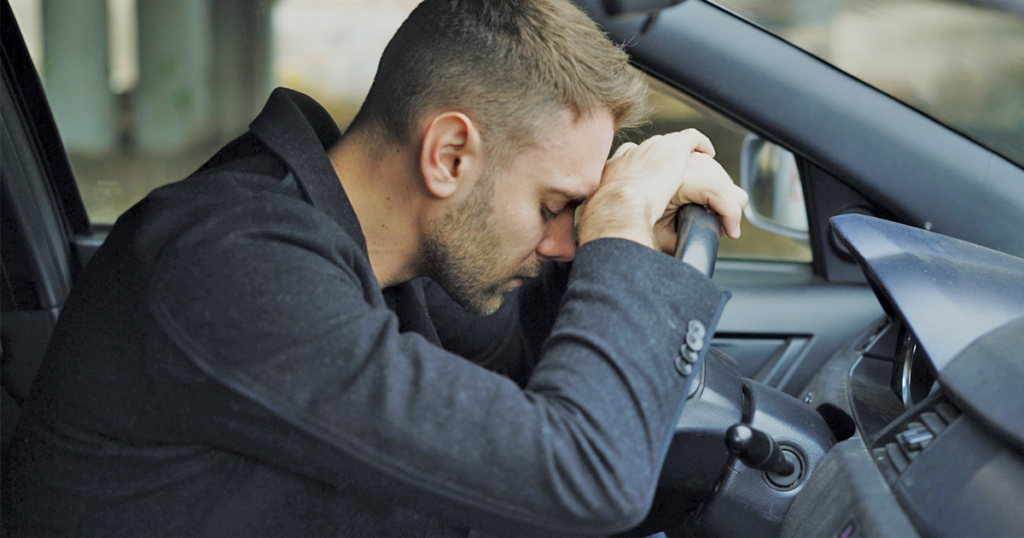License to Thrive?
Ride-hailing services are prospering. So why aren't their drivers?

Ride-hailing services such as Uber and Lyft are flourishing around the country. In Washington, D.C., for example, this market has more than quadrupled since 2015. The sudden ubiquity of Uber and Lyft left Katie Wells, a geographer and postdoctoral fellow at Georgetown University, wondering about their effects not only on public transit but also on the lives of the drivers themselves.
Since May 2016, Wells and her fellow researchers have been interviewing Uber drivers living in the D.C. area. Often, Wells finds, the financial benefits of driving for a ride-hailing service are elusive. Drivers can become entrenched in what she calls a “debt-to-work pipeline,” in which the costs of driving outweigh the actual profits. Rideshare drivers who don’t own their own cars are asked to lease vehicles at high interest rates or rent them through third-party entities. Those who do own their cars report serious challenges as well: taking on additional jobs or working 18-hour days to cover living expenses plus vehicle maintenance, being confused by Uber’s peak and off-peak rates, and lacking sick days and workers’ compensation. D.C.-area drivers aren’t alone. A study published in May 2018 by the Economic Policy Institute found that in many of Uber’s biggest markets, drivers take home about $9.21 per hour—less than the minimum wage in Chicago, New York, and Los Angeles.
“People are ending up with significant debt,” says Wells. “We want to learn more about what this means for them, and what it means for the well-being of a city like D.C.” With the assistance of a three-year grant, Wells will expand her project to study 100 Uber drivers in the area. She also plans to speak to local policymakers, transit officials, and business leaders about the citywide consequences of the ride-hailing service boom.
“This is about the way people move in and out of the economy,” says Wells. “The stories around Uber drivers’ lives are a window into existing labor practices—what’s working and what isn’t.”


